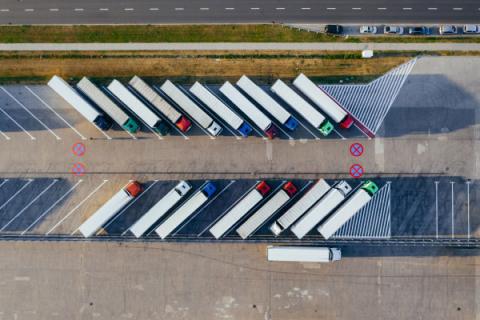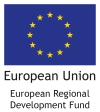Stepping into the loop - Project Baltic Loop local kick-off
Wednesday, January 15, 2020 - 11:13
Project Baltic Loop lead partner, Turku University of Applied Sciences and project partner Åbo Akademi University organised last December a local kick-off seminar in Turku.
Project Baltic Loop concentrates on solutions meant at improving and smoothening transport flows of both people and goods in three selected corridors in the West-East direction. The corridors are in the Northern, middle and Southern part of the Central Baltic region. The project aims to minimize the impact of different traffic obstacles such as bottlenecks, travelling and cargo time and to reduce CO2 emissions.
The focus of the seminar was freight bottlenecks in the North corridor especially from the point of view of ports, terminals and transport infrastructure. For example, one of the presenter explained that getting in and out of the harbour fast is essential for good flow of cargo.
Altogether presentations during the seminar dealt with transport corridor problems, bottlenecks and development targets. They served as introductions to the group work that came after. During the group work, participants reflected on the issues brought out during the presentations and on solutions and future trends in freight transport.
Read more on the project website.
Project Baltic Loop concentrates on solutions meant at improving and smoothening transport flows of both people and goods in three selected corridors in the West-East direction. The corridors are in the Northern, middle and Southern part of the Central Baltic region. The project aims to minimize the impact of different traffic obstacles such as bottlenecks, travelling and cargo time and to reduce CO2 emissions.
The focus of the seminar was freight bottlenecks in the North corridor especially from the point of view of ports, terminals and transport infrastructure. For example, one of the presenter explained that getting in and out of the harbour fast is essential for good flow of cargo.
Altogether presentations during the seminar dealt with transport corridor problems, bottlenecks and development targets. They served as introductions to the group work that came after. During the group work, participants reflected on the issues brought out during the presentations and on solutions and future trends in freight transport.
Read more on the project website.



